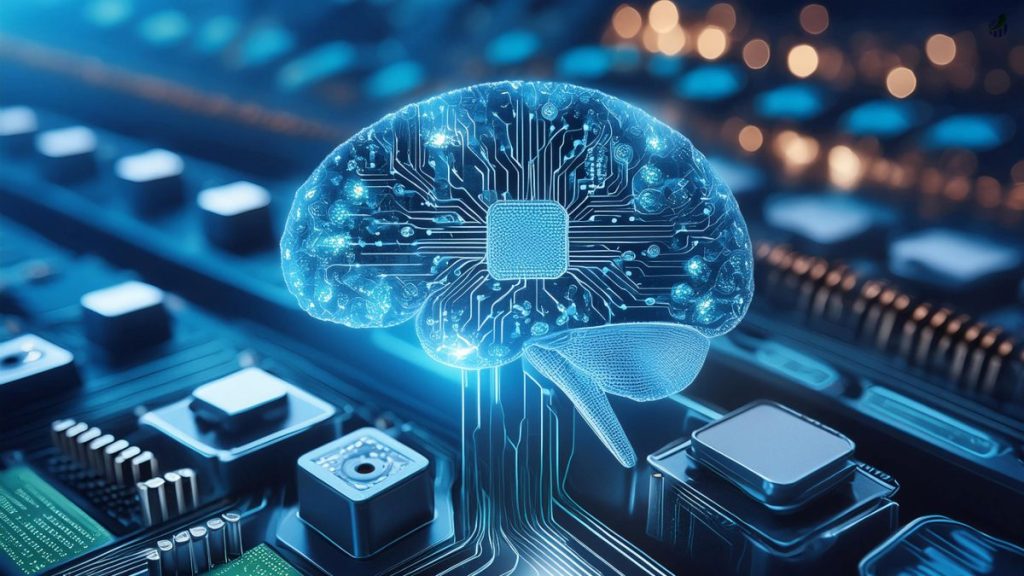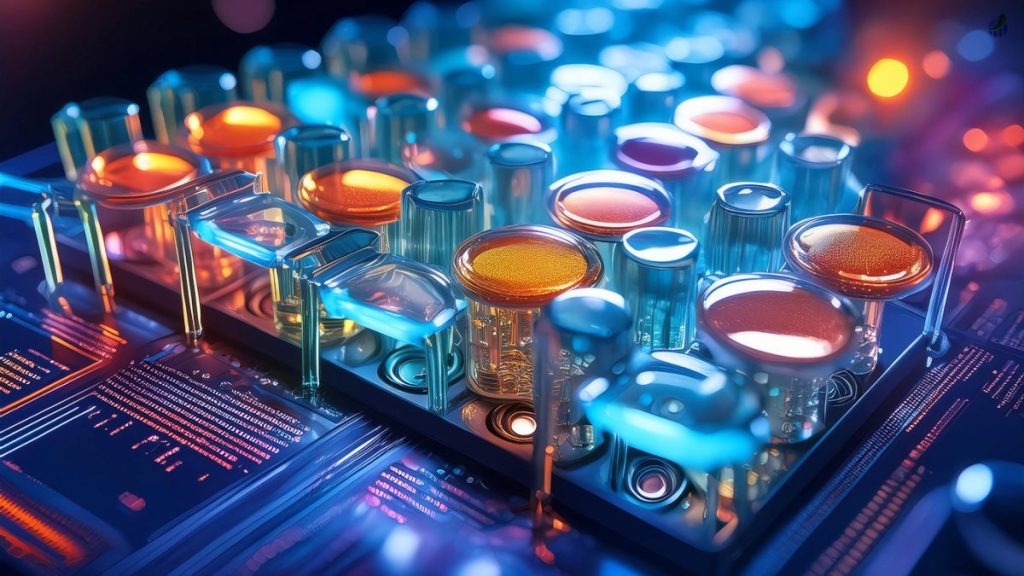Biocomputing, also known as biological computing, is an interdisciplinary field that combines principles of biology, computer science, and engineering to develop computational systems using biological materials and mechanisms. This innovative approach leverages the unique properties of biological molecules, such as DNA and proteins, to perform complex calculations, store vast amounts of data, and solve intricate problems beyond the capabilities of traditional silicon-based computers.
Definition
Biocomputing refers to the use of biological components to build computational systems. Unlike conventional computers that rely on silicon chips and binary logic, biocomputers operate using biological molecules, cells, or systems to process information. This can include DNA computing, protein-based circuits, and cellular automata. The field aims to exploit the inherent parallelism, self-replication, and adaptability of biological systems to create more efficient and powerful computing technologies.
The History of Biocomputing
The concept of biocomputing dates back to the 1960s when theoretical ideas about using biological systems for computation were first proposed. The field gained significant traction in the 1990s with Leonard Adleman’s demonstration of DNA computing, where he used DNA strands to solve a computational problem.
This groundbreaking experiment laid the foundation for further research and development in the field. Since then, biocomputing has evolved, incorporating advancements in synthetic biology, bioinformatics, and molecular biology to develop more sophisticated biocomputational systems.
Technical Details

Biocomputing relies on the unique properties of biological molecules to perform computations. DNA, for example, can be used to store and process information through its sequence of nucleotides. DNA computing involves encoding problems into DNA sequences and using biological reactions, such as hybridization and ligation, to manipulate these sequences and find solutions.
Protein-based computing exploits the diverse functionalities of proteins to create logic gates and circuits. Additionally, cellular computing uses genetically engineered cells to perform computations through biochemical networks and signaling pathways. These biological systems offer massive parallelism, energy efficiency, and the ability to self-repair, making them promising candidates for future computing technologies.
Companies in the Field
Several companies are at the forefront of biocomputing research and development. Ginkgo Bioworks, a synthetic biology company, engineers custom organisms for various applications, including biocomputing. Microsoft Research is exploring DNA storage and computation, aiming to develop scalable and efficient biocomputing systems.
Twist Bioscience focuses on synthetic DNA production, providing essential materials for DNA computing experiments. Other notable companies include IBM, which is investigating molecular computing, and Synlogic, which works on engineered probiotics with potential biocomputing applications.
Scientists Involved
Prominent individuals in the biocomputing field include Leonard Adleman, whose pioneering work in DNA computing opened new avenues for biological computation. George Church, a renowned geneticist, has contributed significantly to synthetic biology and biocomputing.
Drew Endy, a synthetic biology pioneer, advocates for the development of biological systems with programmable functions. Other key figures include researchers like Lulu Qian, who works on DNA nanotechnology and molecular computing, and Milan Stojanovic, known for his research in DNA-based logic gates and circuits.
Applications and Market Potential

Biocomputing has diverse applications across various fields. In medicine, biocomputers can be used for targeted drug delivery, disease detection, and personalized treatments. Environmental monitoring and remediation benefit from biocomputing systems that can detect and neutralize pollutants.
In data storage, DNA-based systems offer vast storage capacities in tiny volumes, addressing the growing demand for data storage solutions. The market potential for biocomputing is substantial, with applications in healthcare, biotechnology, environmental science, and information technology driving growth and innovation.
Impact on Other Sectors
Biocomputing is poised to revolutionize multiple sectors by introducing new capabilities and efficiencies. In healthcare, biocomputers can enable precise diagnostics and targeted therapies, improving patient outcomes. Biotechnology industries can leverage biocomputing for advanced research and development, leading to novel products and solutions.
The environmental sector benefits from biocomputing applications in pollution control and sustainability. Additionally, the data storage industry can be transformed by DNA-based systems, providing high-density, long-term storage solutions.
Potential Impact on the Global Economy
The widespread adoption of biocomputing technologies could significantly impact the global economy by driving innovation, creating new markets, and enhancing productivity. Biocomputing can lead to the development of cutting-edge healthcare solutions, reducing disease burden and healthcare costs. It can stimulate growth in the biotechnology sector, leading to job creation and economic development.
The environmental benefits of biocomputing, such as pollution control and sustainable practices, can contribute to a greener economy. Furthermore, advancements in data storage and processing can boost the information technology sector, leading to increased efficiency and economic growth.
Ethical Implications
Biocomputing raises several ethical considerations that must be addressed as the field progresses. The use of genetically engineered organisms and synthetic biology in biocomputing poses questions about biosafety, biosecurity, and environmental impact. There are concerns about the potential misuse of biocomputing technologies for malicious purposes, such as bioterrorism.
Ethical issues also arise regarding data privacy and security, especially with DNA-based storage systems. As biocomputing technologies advance, it is crucial to establish ethical guidelines and regulatory frameworks to ensure responsible development and deployment, balancing innovation with societal and environmental considerations.
Biocomputing represents a frontier in computing technology, merging biology with computer science to create powerful and efficient systems. As research and development continue to advance, biocomputing holds the promise of transforming various industries, driving economic growth, and addressing complex global challenges.
However, careful consideration of ethical implications and regulatory measures is essential to ensure the safe integration of biocomputing into society.
Author Profile

- Ex-community moderator of the Banano memecoin. I have since been involved with numerous cryptocurrencies, NFT projects and DeFi organizations. I write about crypto mainly.
Latest entries
- June 6, 2025NewsWireElon Musk to Decommission SpaceX Dragon after Trump Threat
- December 9, 2024Stock MarketMaster the Time Value of Money Financial Concept
- November 18, 2024Stock MarketFinancial Ratios Guide to Measuring Business Performance
- November 11, 2024NewsWireLabour’s UK Budget: A Fiscal Smirk of Contempt for Working People




